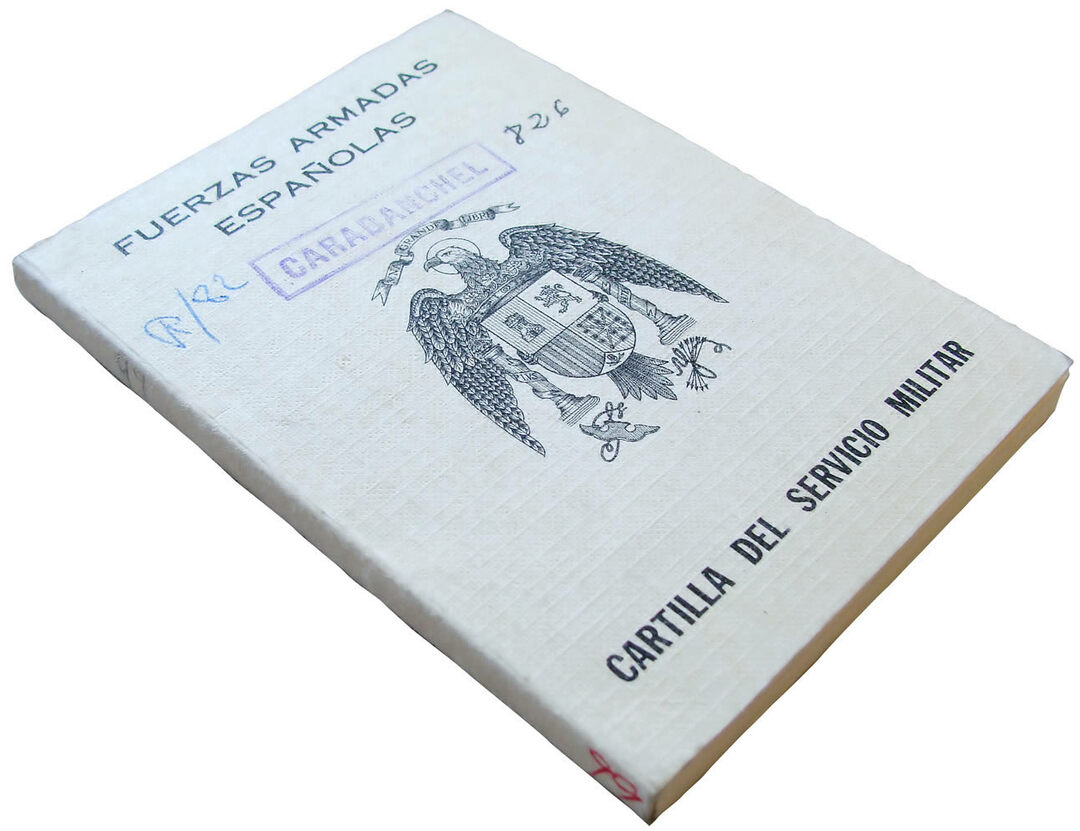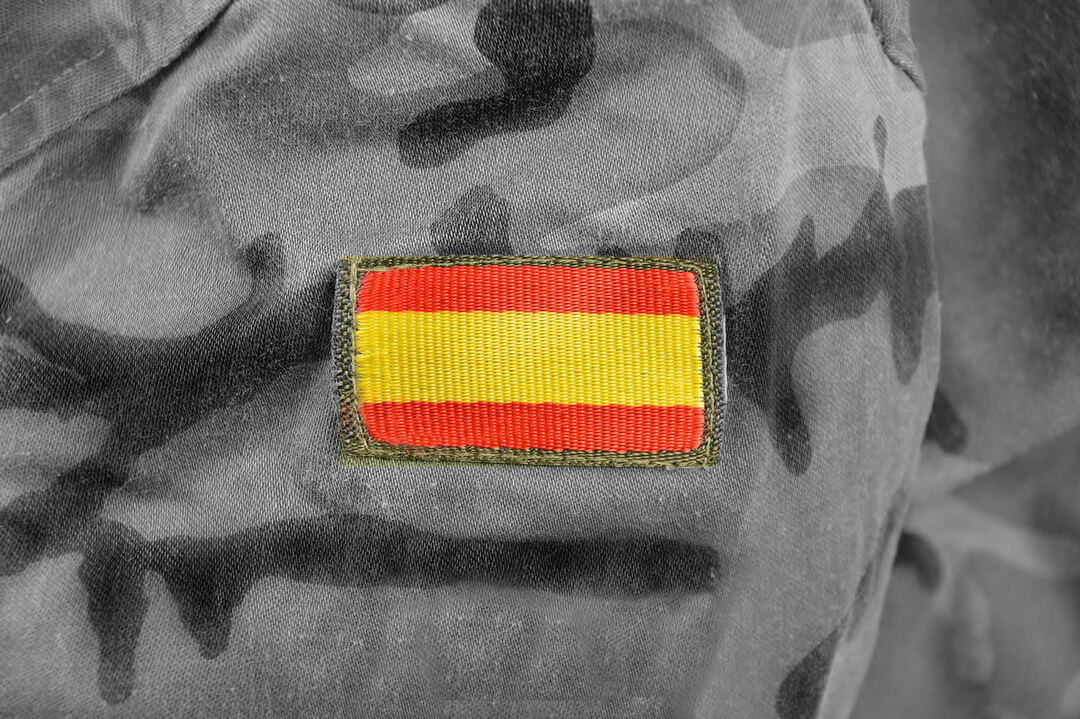Importance of the Insumiso Movement in Spain
Miscellanea / / August 08, 2023
 In Spain, compulsory military service ceased to exist in 2001 after more than 200 years of validity. The official reason why the "military" was abolished was the need to create a professional army in which forced recruitment made no sense. However, there was another reason that was no less important: the protests of the motion insumiso have not stopped growing since the 1970s. Those who were part of this civil disobedience movement won an important battle without having to take up arms.
In Spain, compulsory military service ceased to exist in 2001 after more than 200 years of validity. The official reason why the "military" was abolished was the need to create a professional army in which forced recruitment made no sense. However, there was another reason that was no less important: the protests of the motion insumiso have not stopped growing since the 1970s. Those who were part of this civil disobedience movement won an important battle without having to take up arms.
antimilitarism in the history from Spain During the Spanish Civil War and throughout the Franco period some members of Jehovah's Witnesses refused to do their military service. According to most historical sources, in 1971 Pepe Beunza was the first person in Spain to declare himself an objector to awareness for ideological and non-religious reasons (that same year a court martial sentenced him to 15 months in prison).
Antimilitarist expression gradually increased and in 1977 hunger strikes were organized in several Spanish cities to demand that conscientious objectors be released from the prisons.
To curb the insubordination movement, the government of Felipe González approved the Conscientious Objection Law in 1984, but said law did not enter into force until 1989.
From this legal recognition, those who refused to carry out the "military service" could fulfill a service as an alternative for a period of 18 months (this option was known as Social Benefit substitute). The anti-militarist protests did not stop growing and in 1991 the government he was forced to take a new step: the rebels would be tried by a civil court and not by a military court.
 The anti-war social climate worsened during the first Gulf War and in 1998 it came to a paradoxical situation: the number of conscientious objectors was greater than that of soldiers of replacement. Finally, the Popular Party government decriminalized insubordination and a decree was subsequently approved ending compulsory military service. In 2002 the last rebels were released from prison.
The anti-war social climate worsened during the first Gulf War and in 1998 it came to a paradoxical situation: the number of conscientious objectors was greater than that of soldiers of replacement. Finally, the Popular Party government decriminalized insubordination and a decree was subsequently approved ending compulsory military service. In 2002 the last rebels were released from prison.
A cross movement
The insumisos were not integrated into any conventional political party. They belonged to very diverse groups: grassroots Christians, anarchists, anti-system groups, and groups of Basque and Catalan nationalists who opposed the idea of Spain as a nation. In 1977, a platform was formed that brought together the different antimilitarist currents, the Conscientious Objection Movement (MOC). At the same time, the political debate related to the incorporation of Spain into NATO led many young people to join the insubmissive movement.
Fotolia images: teracreon, cunaplus
write a comment
Contribute with your comment to add value, correct or debate the topic.Privacy: a) your data will not be shared with anyone; b) your email will not be published; c) to avoid misuse, all messages are moderated.
